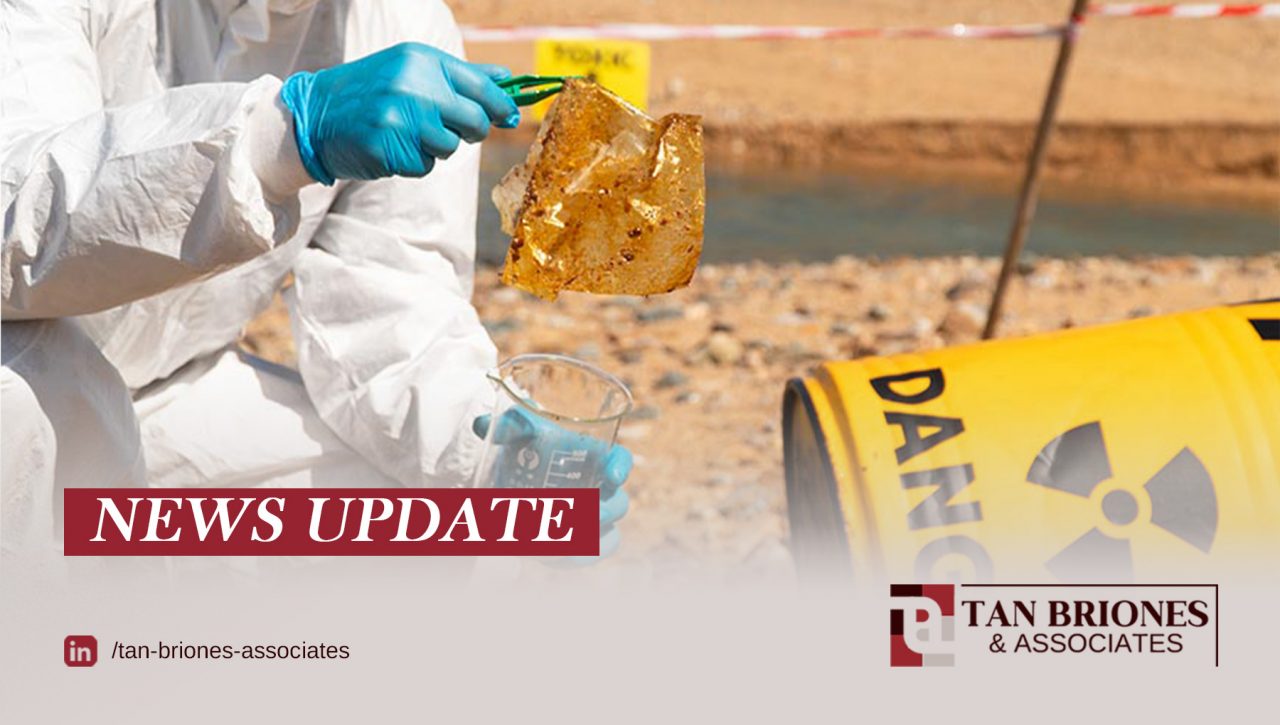
In line with the Philippines’ commitment to global disarmament, the Senate has approved a landmark bill prohibiting the development, production, stockpiling, and use of chemical weapons.
Senate Bill No. 2871, also known as the Chemical Weapons Prohibition Act, has been passed unanimously on third reading, advancing the country’s compliance with the United Nations Convention on the Prohibition of Chemical Weapons.
The bill, which seeks to fulfill a nearly three-decade-old commitment, establishes regulatory frameworks to prevent the misuse of chemicals that could be diverted for terrorism or military use.
It also includes provisions to prevent chemical terrorism, imposing stringent penalties for those involved in chemical weapons-related activities.
The Philippines was one of the first countries to sign the Convention in 1993, and the Senate ratified the treaty in 1996. However, legislation to fully implement the treaty’s provisions had been delayed until now.
Under the proposed law, individuals involved in the development, production, or financing of chemical weapons would face imprisonment terms ranging from 20 years to life, along with fines of P500,000 to P5 million.
SB 2871 mandates the declaration and verification of chemicals, establishing a monitoring system to prevent their misuse.
Additionally, the bill strengthens the country’s defense against chemical terrorism and aims to reduce the global risk of chemical weapons re-emerging.
Senate President Pro Tempore Jinggoy Estrada, sponsor of the bill, emphasized that the legislation is not just about fulfilling international obligations but also about ensuring a safer future for generations to come.
“We aim to regulate without stifling the legitimate chemical sector, especially the manufacturing sub-sector, which employs over 140,000 Filipinos,” Estrada stated.
Follow Tan Briones & Associates on LinkedIn for more legal updates and law-related articles.







